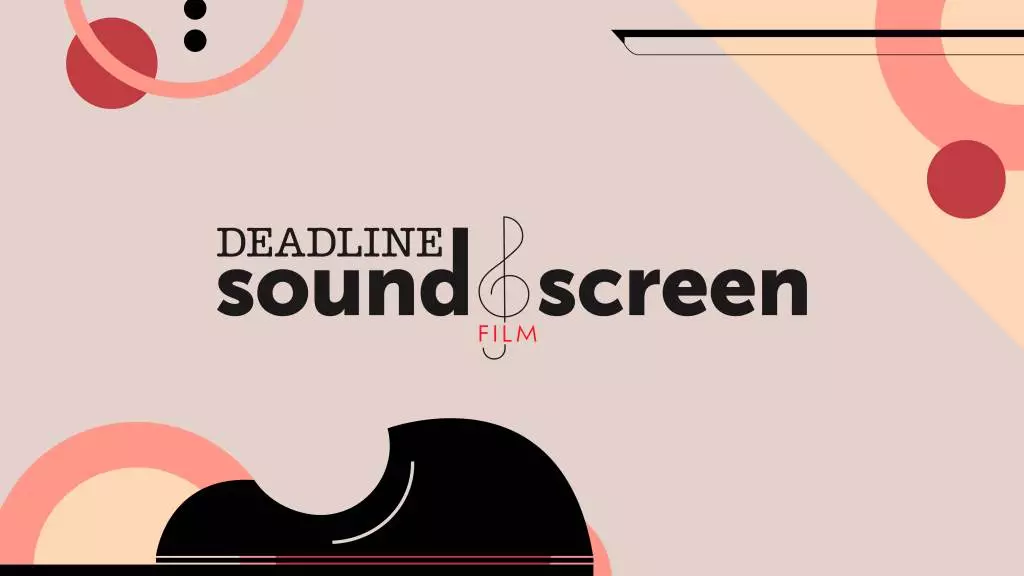The atmosphere at UCLA’s Royce Hall was electric as Deadline hosted its annual Sound & Screen Film event, where cinematic music takes center stage. This elegant gathering of film aficionados and industry experts showcased how essential soundtracks are in storytelling, adding depth and emotion to the visual narrative. Watching a full orchestra perform live provides a unique experience that immerses the audience in the rich tapestry of sound, illustrating the powerful connection between music and film that often goes overlooked.
Legendary Composers Light Up the Stage
One of the evening’s highlights was the presence of Hans Zimmer, renowned for his impactful compositions. His insights into the music he crafted for Steve McQueen’s World War II drama, “Blitz,” revealed the meticulous thought process behind translating complex historical themes into evocative melodies. Zimmer’s two Academy Awards only underscore his dedication to his craft, making his participation not just a bonus but a focal point.
Moreover, the creativity didn’t stop there. The experimental band The Octopus Project brought a fresh perspective by discussing their score for “Sasquatch Sunset.” Their unique approach to blending different musical genres exemplifies how modern composers are moving beyond traditional confines in film scoring, thus inviting new audiences into the realm of film music.
Featured composers like Harry Gregson-Williams, whose dramatic flair has captivated audiences worldwide, also shared snippets from the highly anticipated “Gladiator II.” This sequel not only builds on the legacy of Ridley Scott’s original epic but also promises to deliver a score that reflects its intricate emotional landscape.
Kris Bowers, known for his vibrant scores, offered insights into his work for “The Wild Robot,” discussing how music can interact with animated narratives in distinctive ways. The evening was studded with contributions from other talented musicians like Alex Somers and Scott Alario, who dissected their compositions for “Nickel Boys,” showcasing how collaborative efforts can enrich film soundtracks.
The night also saw a significant representation from Netflix, highlighting its commitment to innovative storytelling through sound. Songwriter Sean Douglas previewed music from “Will & Harper,” while renowned Diane Warren teamed up with Aaron Zigman to discuss themes explored in “The Six Triple Eight.” These segments illustrated how deep, heartfelt storytelling can be expressed through song, bridging the gap between emotions felt on screen and those captured in music.
Concluding the event, the audience was captivated by composer John Debney’s breakdown of his score for “Horizon: An American Saga – Chapter 1.” His approach to storytelling through sound stands as a testament to the evolving art of film scoring. Each composer brought a unique flair to the event, enriching the experience for those present.
This engaging evening at Deadline’s Sound & Screen Film showcased the unparalleled talent behind some of the most compelling scores this awards season. With a diverse array of musicians and composers sharing their expertise, the event not only celebrated current works but also highlighted the ongoing evolution of music in film. As the industry progresses and hybrid styles emerge, one thing remains clear: the partnership between cinema and music will always be a vital, transformative element in storytelling.

